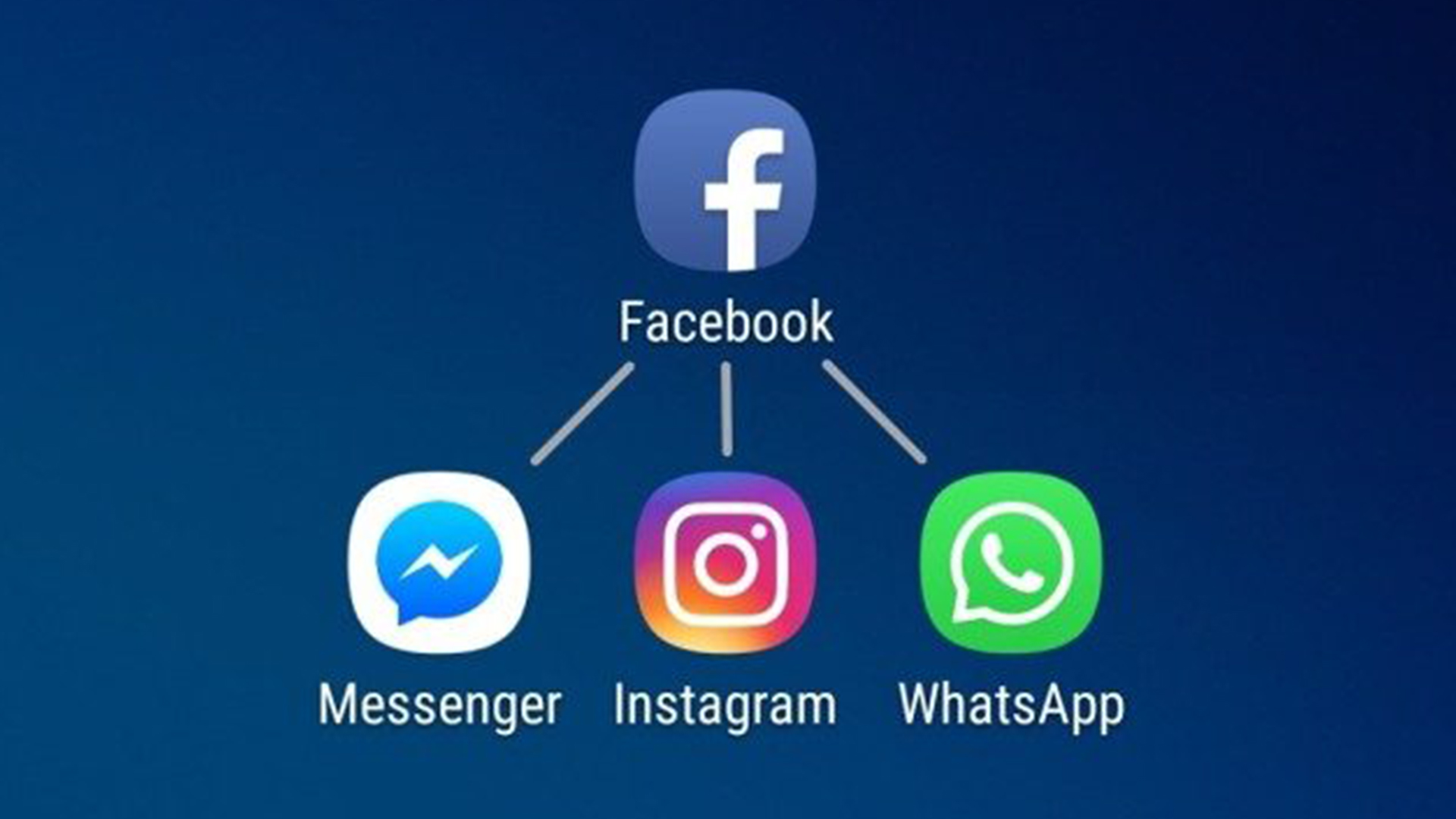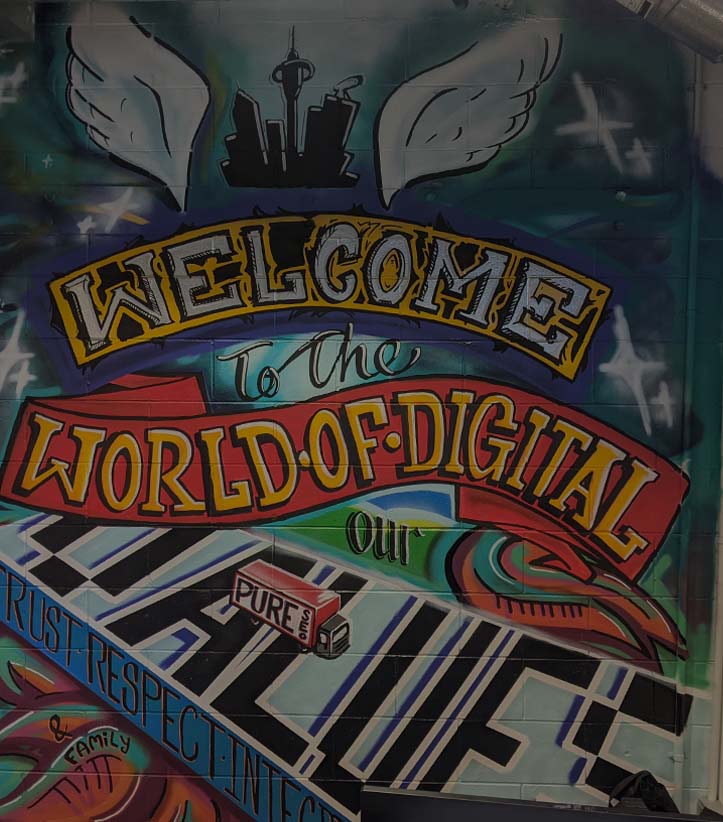
Digital transformation is an all-too-familiar phrase that gets thrown around often in the professional landscape and within multiple industries. But what does it exactly mean? And how does it relate to the work of marketing?
Digital transformation is not as complicated as it sounds. The term revolves around a simple concept that is actually really easy to understand. However, there are multiple definitions of digital transformation, and these largely depend on when and where you use it.
First of all, what is digital transformation?
On an industry scale, digital transformation happens when businesses apply digital technologies to gain a competitive advantage. For example, in the medical field, professionals ditched filing cabinets and manual processes for much more efficient ways to store information, such as digitising health records. The transition from manual to electronic enabled health professionals to access information faster, so they make more informed decisions faster.
In accounting, digital transformation marks the shift from paper-based invoices to electronic contracts, data collection, and reporting. For HR professionals, it means automating processes and employing technology to track productivity.
In essence, digital transformation is the integration and application of digital technology into all areas of a business, changing how organisations operate and how they deliver value to customers.
How digital transformation relates to marketing
In the area of marketing, digital transformation is a whole league of its own. A digital transformation in marketing refers to the shift from digital complacency to digital excellence and is brought about by the proper usage and optimisation of various digital channels. Digital transformation helps marketers gain better insight in improving the customer journey and, through the refinement of digital channels, can bring profitable changes to businesses.
Digital transformation in action
Before the advent of digital technologies, the funnel marketers used to map out customer behaviour and action were pretty straightforward. It starts with awareness, interest, consideration, and then flows down to intent and decision. Businesses created marketing materials for every stage and simply hoped for the best. And back then, there was no accurate way to figure out how effective the marketing content was.
With digital transformation, businesses have gained much more control, and have information on who sees and engages with their marketing collaterals. Analytics became the game-changer for digital transformation in marketing. It paved the way for marketers to gather and study user data and metrics, and then use them to optimise marketing plans.
Here are some ways digital transformation can influence the marketing department.
Refinement of digital channels
Today, businesses have more opportunities to assess the value of their marketing tools and channels. From websites and social media, down to analytics platforms and customer databases, organisations are better equipped to review their channels and determine which platforms to leverage to create successful outcomes.
For example, websites can give potential customers what information they want to view, in what order, and how much to consume. On the other hand, social media platforms allow people to interact with companies directly, rate them, give feedback, and leave comments. In totality, digital transformation enables a level of engagement that wasn’t possible before. This exchange changes the nature of how marketers strategise and approach their target audience.
Better integration
Digital transformation made it possible to improve efficiencies and ensure all systems work together seamlessly. When platforms integrate seamlessly, businesses gain a holistic view of their entire customer base, allowing them to make more informed decisions, improve their marketing response, and boost overall productivity.
Personalisation of the customer experience
With advanced insights, businesses can track customer behaviour and actions, enabling companies to provide a more personalised and relevant experience for leads and customers. With actionable data, companies can identify weak spots and gain more opportunities for improvement to encourage more conversions, especially in the realm of advertising.
Why does digital transformation matter?
Organisations need to hone their skills when it comes to adapting to changing market conditions, disruptions to supply chains, market pressures, and changing customer expectations. Digital transformation helps businesses do just that.
What it all boils down to is that digital transformation is crucial for business survival, especially in today’s market where doing business online is more critical than ever. Improving customer experience has become the ultimate goal of digital transformation. By implementing the right solutions, your business can achieve digital sustainability that will help you thrive for years to come. But, of course, don’t forget to stay updated with technological improvements that you can leverage to continually improve your business!
Start your digital transformation today
Ready to learn more? Understand what’s involved and gain insight from the digital leaders. As a trusted digital marketing agency, Pure SEO can help you improve your marketing engine and propel you to digital excellence. Get in touch with us today!

















